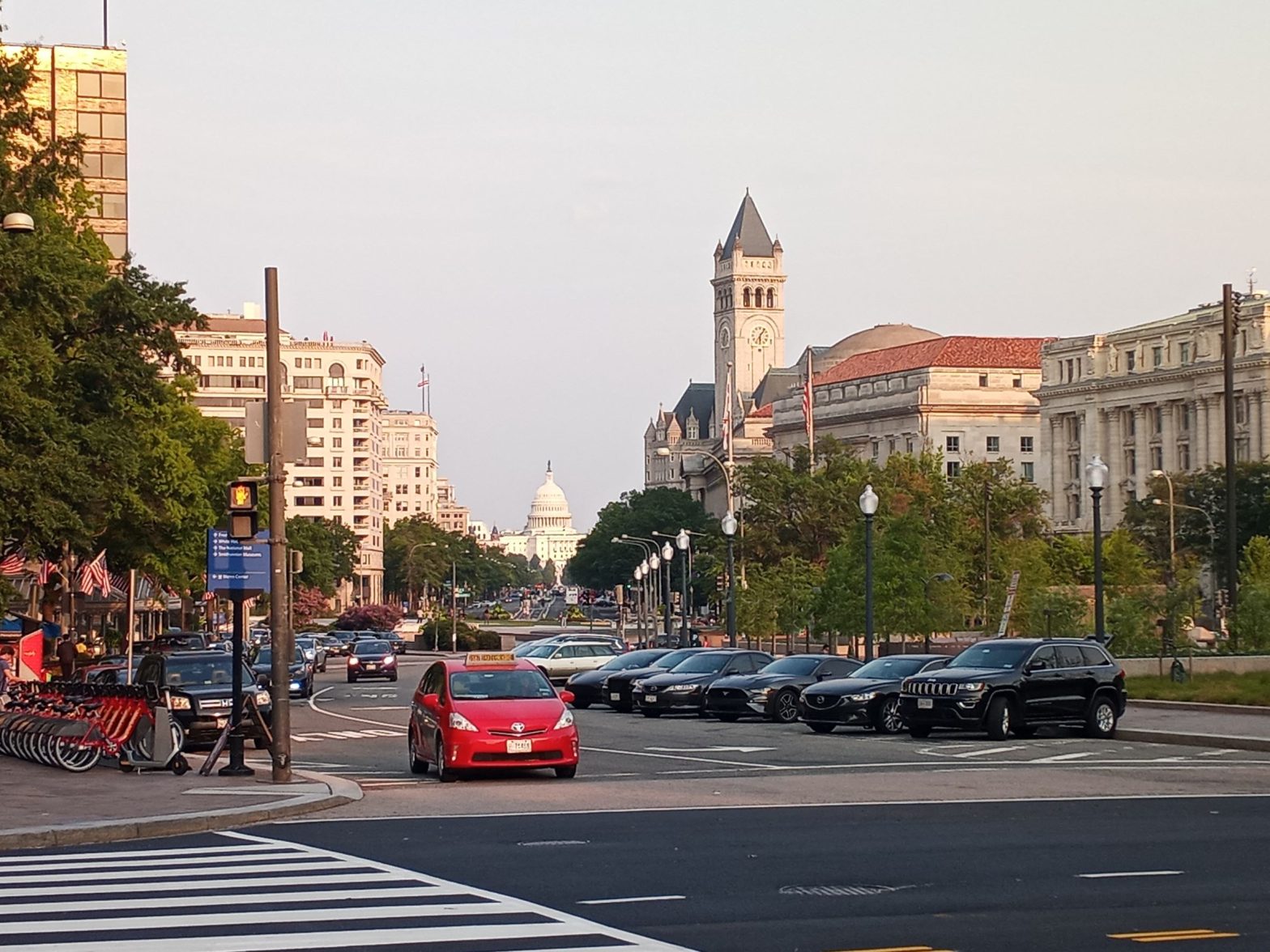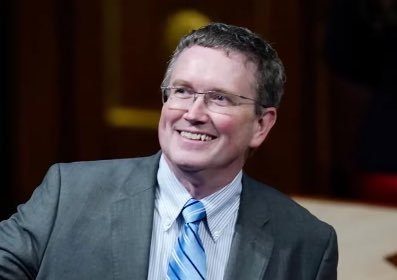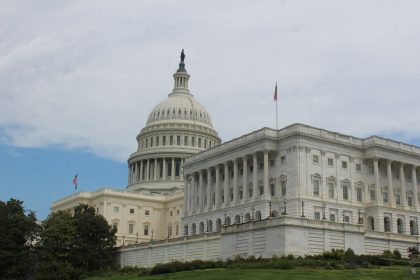Biden’s Build Back Better Plan Advances After House Vote

WASHINGTON — A congressional panel raised the chances Wednesday for President Joe Biden’s Build Back Better Plan to succeed when it approved key portions of the bill.
The House Energy and Commerce Committee voted to endorse parts of the $3.5 trillion proposal that would tackle air pollution, reduce health care costs and expand access to broadband internet service.
The committee did not vote to approve the entire Build Back Better Plan, only parts of it that Biden is promoting as most important to his economic program. It still requires final votes in the House and Senate.
Other parts of the plan would invest heavily in infrastructure, education and child care.
“This transformational legislation is needed now as the American people are facing a public health crisis, a rapidly escalating climate crisis and long-term economic challenges,” said Frank Pallone, Jr., D-N.J., chairman of the Energy and Commerce Committee.
Discussion among the lawmakers showed the same sharp divides among Republicans and Democrats that has marked much of the debate on Biden administration economic planning.
Democrats say the Build Back Better Plan would give the U.S. economy the boost it needs to recover from the job losses and downturn created by the COVID-19 pandemic. They also say it would help the United States confront long-term challenges from climate change and deteriorating infrastructure.
“The Build Back Better Act will create a clean energy future that produces millions of good paying jobs right here at home,” Pallone said.
Republicans say it would add hugely to the federal deficit, forcing future generations to pay off the debt. They also say it would be inflationary, thereby erasing some of the economic gains it hopes to achieve.
“We have a bill that is literally the most expensive bill in the history of the United States,” said Rep. Richard Hudson, R-N.C.
He cautioned that such a large expense should be considered more carefully rather than rushing it into the next fiscal year’s budget, which is scheduled for completion by Congress by the end of this month.
Key parts of the bill approved by the Energy and Commerce Committee would invest $150 billion in a “Clean Electricity Performance Program” to reduce global warming.
About $27.5 billion would be spent to encourage rapid deployment of low- and zero-emission technologies. It promotes electric vehicles, appliance and building efficiency rebates, electric transmission and low-income solar energy.
Other provisions would provide $30 billion to replace all lead service lines in drinking water systems, $10 billion for Superfund cleanups and $5 billion for environmental and climate justice block grants.
For health care, it authorizes the federal government to negotiate drug prices with pharmaceutical manufacturers to reduce costs for consumers. It also would extend Medicaid to four million more low-income persons and offer $190 billion for home health care of seniors and disabled persons.
Biden is touring western states this week to review damage from wildfires. He also is promoting the Build Back Better Plan.
In a tweet, Biden wrote, “Lower prescription drug costs, Universal preschool, Free community college, Affordable child care, Lower health care costs. That’s what my Build Back Better Agenda means for you. And we’ll pay for it by ensuring the super wealthy and big corporations pay their fair share.”
He was referring to his plan to increase taxes on the wealthiest Americans and big corporations.
House Speaker Nancy Pelosi has scheduled a final vote in the House for the Build Back Better Act on Sept. 27.
However, it still faces tougher opposition in the Senate, where Republicans hold as many seats as Democrats.
























